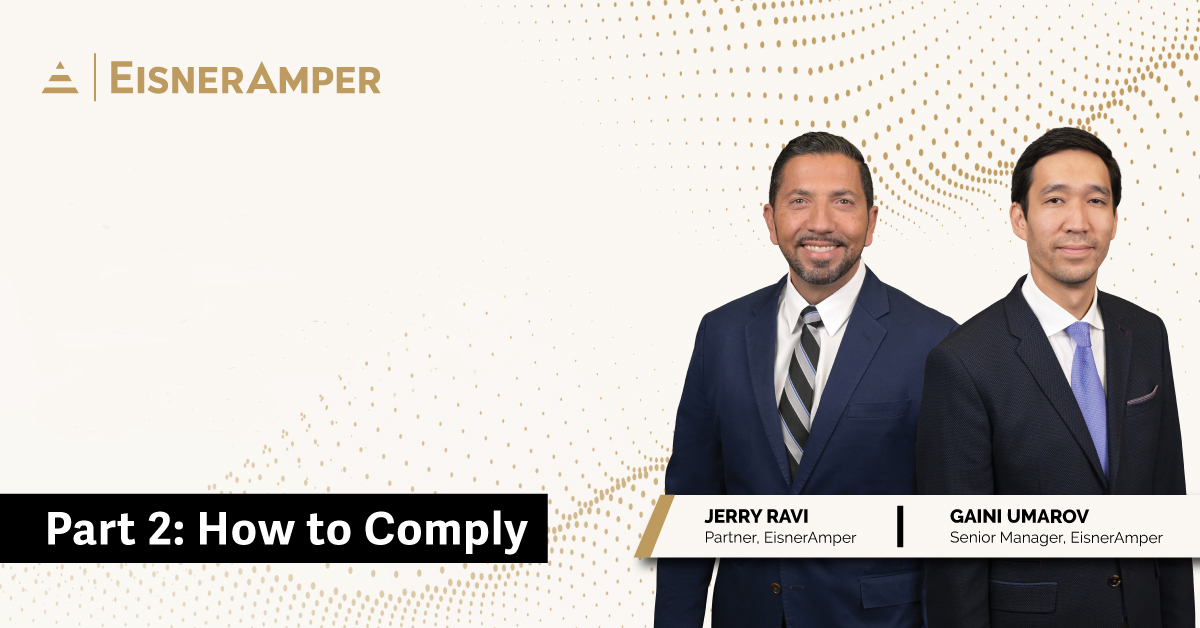
U.S. Considering New Rules on Investment in China
- Published
- Jul 17, 2023
- Share
The United States is considering a new set of requirements that would restrict American firms from investing in China. There has been much debate over recent months and now, seemingly, the issue is coming to a head.
Executive Order
Recently, the Biden administration, namely the Treasury and Commerce Departments, has proposed new rules for Chinese investment. An executive order is expected later this summer, and this delay could result from the administration’s attempt to gather support from its allies, both European and the G7. Interestingly, U.S. discussions with its allies have just received minimal attention.
Multilateral Efforts
There has been agreement that some of China’s economic practices could present a risk to the global economy, and an investment “reset” of the relationship with China could reduce some of that risk. Globally, there has been limited restrictions on outbound investment, but a review of inbound investment is increasing. Although there is some concern and plans by the European Union for restrictions on outbound investment, it could take time to put these restrictions in place. Utilizing an executive order (instead of going through Congress) gives the administration more autonomy in the development of an effective screening mechanism. The U.S. hopes its allies in Europe and Japan will see the value in this approach and consider investment screening mechanisms of their own. The Biden administration does not feel it must sign an executive order by a specific date. It is more concerned about getting this landmark policy correct so that it could be enforceable.
Nuts and Bolts
The executive order would entail an outbound investment screening mechanism for U.S. investment in China. This outbound investment does not appear to be constrained by traditional national security regimes. The focus includes investments in dual-use technologies that may have military applications such as semiconductors, quantum computing and artificial intelligence; they are also considering biotechnology. There is concern, if not avoided, the scenario where U.S. investments of existing business processes and systems advance technologies of military or intelligence capabilities of certain countries, which could increase the risk to the U.S. national security.
Reverse CFIUS
There has been a comparison of this initiative to the Committee on Foreign Investment in the United States (“CFIUS”), which reviews foreign investment in the U.S., calling this a “reverse CFIUS.” However, these potential rules seem much narrower in scope and more tailored for the purposes of enforcement.
China’s Response
China has been remarkably quiet regarding all of this. However, it recently introduced a crackdown on U.S.-headquartered consulting firms doing work in China and export controls on critical minerals used to make computer chips. Recently, Secretary of State Blinken visited Beijing to show that the administration is keen to reignite diplomacy and inject some stability in dealing with China. It is believed that the relationship might be so fraught that re-establishing some stability and balance could take much effort to get back to the relationships that were once in place. Like Secretary Blinken, Treasury Secretary Yellen went to Beijing to deliver on President Biden’s directive to deepen bilateral communications to establish and deepen relationships with the new economic leadership team in place in Beijing.
Risk
There is concern why the administration believes that screening and limiting know-how linked to investments would provide a higher degree of scrutiny than strengthening export controls or increasing sanctions. There is the risk that creating a first-of-its-kind screening mechanism in the U.S. could provide further obstacles in doing business with China and further erode our relationship. An overall evaluation must be made to determine the positive and negative outcomes as to placing limitations on outbound investment and how it impacts our national security, intellectual property and economic policy.
What's on Your Mind?
Start a conversation with Michael
Receive the latest business insights, analysis, and perspectives from EisnerAmper professionals.












